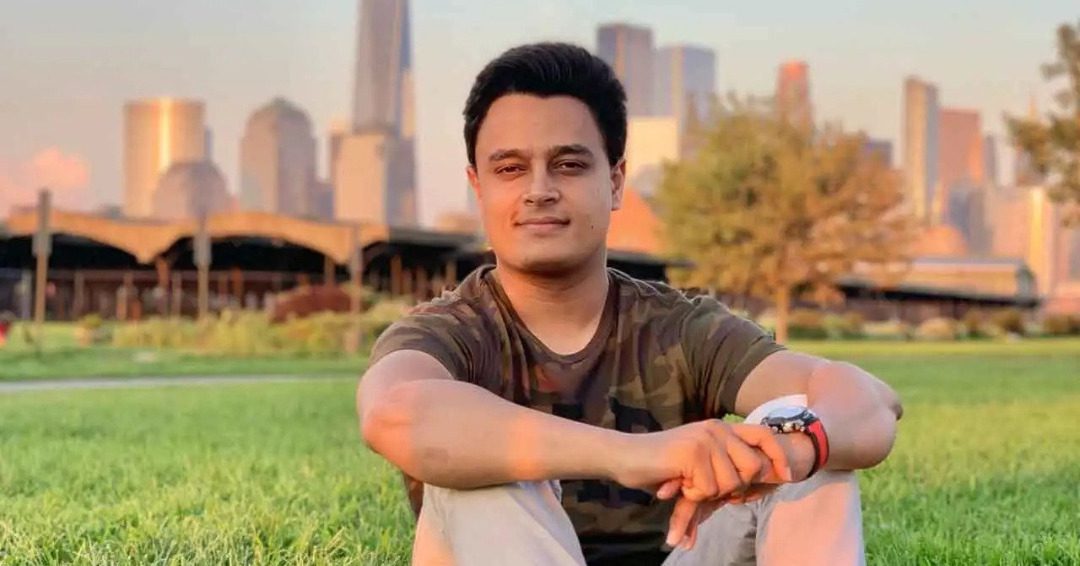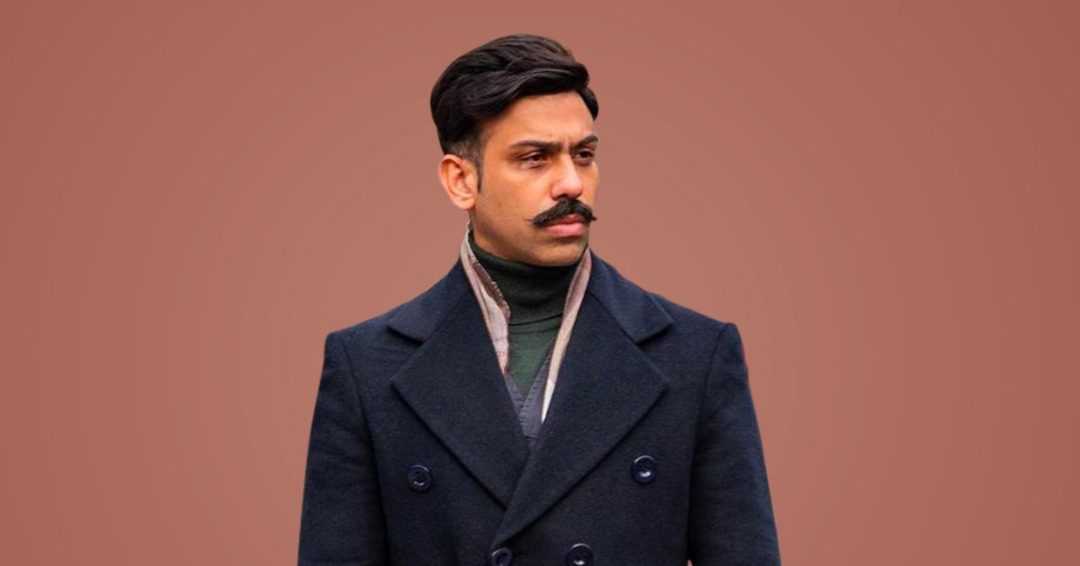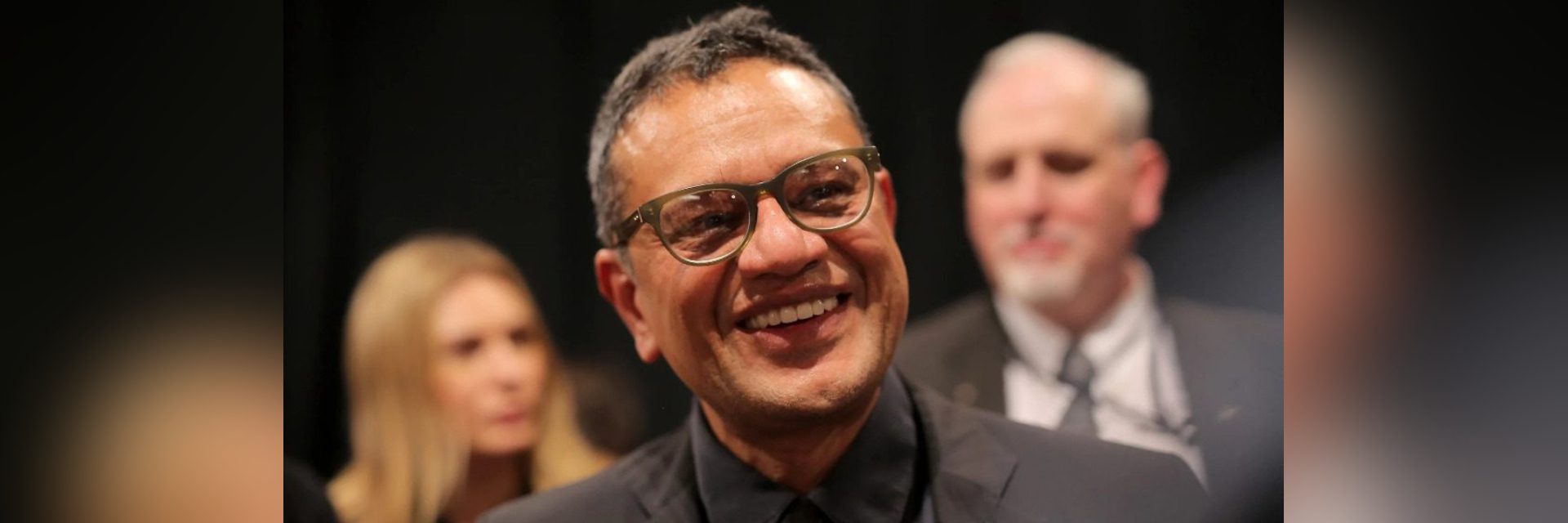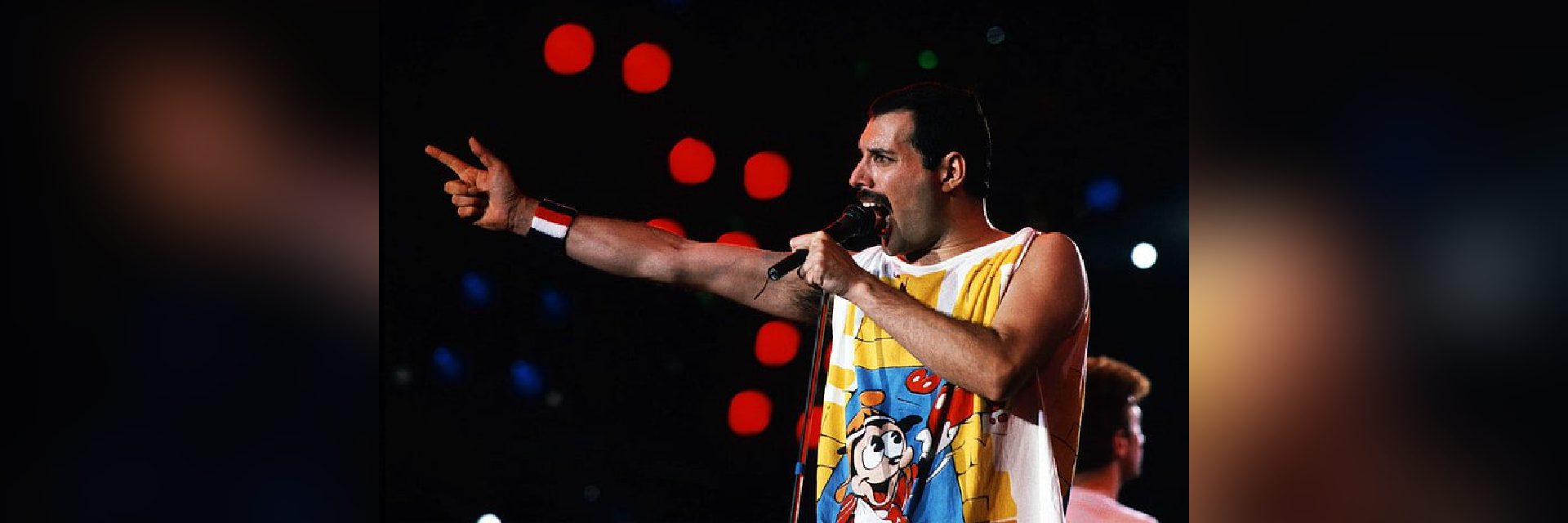(September 25, 2021) If you are a Marvel fan, you couldn’t have possibly missed the climax of the much-anticipated series Loki. And what made the ending worthwhile was the music piece that heightened the anticipation. None of this could have been possible without Indian musician Atif Afzal’s keynotes that hit the right chord with the audience across the globe. The 36-year-old music composer made a smashing Hollywood debut with his track Adhaan Maghbiri in Loki, declaring his arrival with élan. Afzal, who is popular by the moniker Al-Zal, left his lucrative job to pursue his dream of making music.
Atif Afzal, who made his way from Bollywood to Hollywood, is an inspiring Global Indian.
Quit lucrative job to follow his dream
Born in Mumbai, Zal’s love for music began early in life. It was something that made him happy at every step of life, so at 11, he started learning to play the mouth organ and later on moved to other instruments like the piano and guitar. While Zal excelled in studies and even completed a degree in Engineering from KJ Somaiya Institute of Engineering and Information Technology, his childhood hobby of composing music evolved into a concrete passion by the time he hit the corporate world with a lucrative IT job in KPMG. After working for a few years, Zal quit his job to chase his dream of making music. “Everything was working out fine, however, deep within my heart, I knew that I was born to do music,” he told The Hype Magazine in an interview.
However, charting into a territory he had no godfather in, Atif Afzal had to figure out everything on his own. But he was prepared as he trained himself to play almost every instrument and every genre possible from across the world. This talent of his caught the fancy of a Bollywood producer and Zal was ready to compose for a Salman Khan film. However, his dreams of a big Bollywood break were shattered when the film was shelved. But Zal picked him up and continued making music that could get him a power-packed entry into filmdom. And this happened in 2013 when he composed the soundtrack of Prague, a Hindi thriller. The film went onto represent India at the Cannes Film Festival, and this was a turning point in Zal’s life. Seeing his work being recognized at the biggest film festival pushed him to dream on and work harder. His first break got him films like Pune 52 and Horn Please.
View this post on Instagram
Scouting for opportunities in the West
While Bollywood gave him the perfect landing for his musical dreams, Atif Afzal had his eyes on Hollywood. Each year he would visit the US twice to explore the overseas music market. On one such visit, Zal got the opportunity of a lifetime to have an interview with Hollywood’s renowned film composer Hans Zimmer. “I interviewed to assist Zimmer, though I couldn’t make it as I didn’t have a work permit at that time. That’s when the grind started which eventually led to me getting a permanent residency in the United States based on an extraordinary ability visa,” he added.
That zeal of working with Zimmer in the future made Zal network more in the US during his trips. From attending AFI Festival to making an appearance at Golden Globes screenings, Zal pulled every string to get in touch with the right people. It was in 2018 that Zal moved to the US and enrolled himself in New York University to study music. During the course, he didn’t leave any stone unturned to liaison with film creatives, producers and television networks. His efforts soon translated into fruitful results when America’s leading TV network CBS reached out to him for composing some music pieces for its action series NCIS: Los Angeles.
View this post on Instagram
The beginning of international inning
His first big break in American TV turned out to be a perfect opportunity in cementing his position as a composer to look out for. But the journey wasn’t without its share of struggles. “Leaving your country and people to chase your dream can never be easy. Every time I faced a challenge, I had to be innovative. In my early days, Hollywood studios wouldn’t even listen to any of my music, so I had to figure out ways to get them to hear my music, which gave me the confidence in my work that I offered variety and uniqueness to work on their films,” he told Zee Zest. NCIS: Los Angeles opened doors for this 36-year-old composer as he grabbed a chance to compose for yet another popular show The Twilight Zone.
The Marvel moment
But the jaw-dropping moment came when Marvel Studio approached him to prepare a music piece for Loki Series. Keeping in with the confidentiality of the project, Marvel only divulged a synopsis of the scene and Zal had to compose from this limited information. But Zal proved his mettle with the track Adhaan Maghbiri that took the climax to a crescendo. “To be a part of such a coveted studio and its project is a big feather in my cap and it does give a feeling of achievement in a rather surreal way. It is a part of my dream come true!” he told National Herald. Not many know but the stage for his big Hollywood debut was set back when he was studying in NYU where he met the creatives of Marvel for the first time to discuss about a collaboration. While the original project is still in the pipeline, Loki released in the meantime.
Now after making the world go crazy over his masterpiece, Atif Afzal has bagged his first Hollywood film with Netflix USA as he composed a soundtrack for Alicia Keys’ production Resort to Love. From IT job to Bollywood to Hollywood, Zal has come a long way and is making South Asians proud with each music piece.



